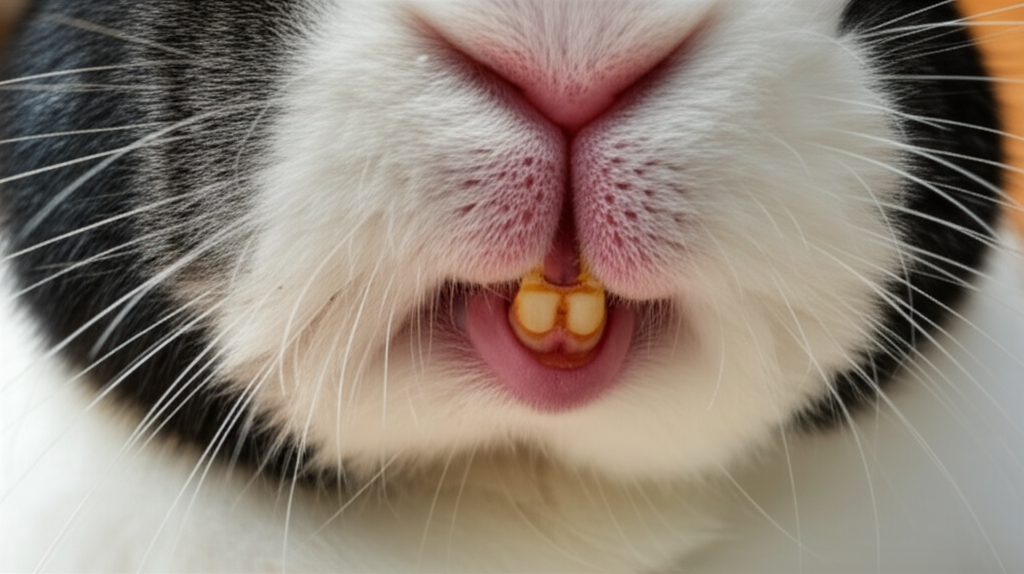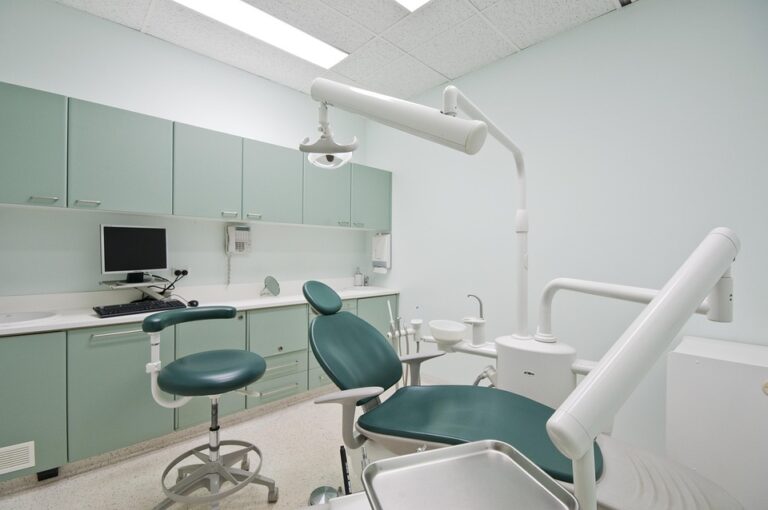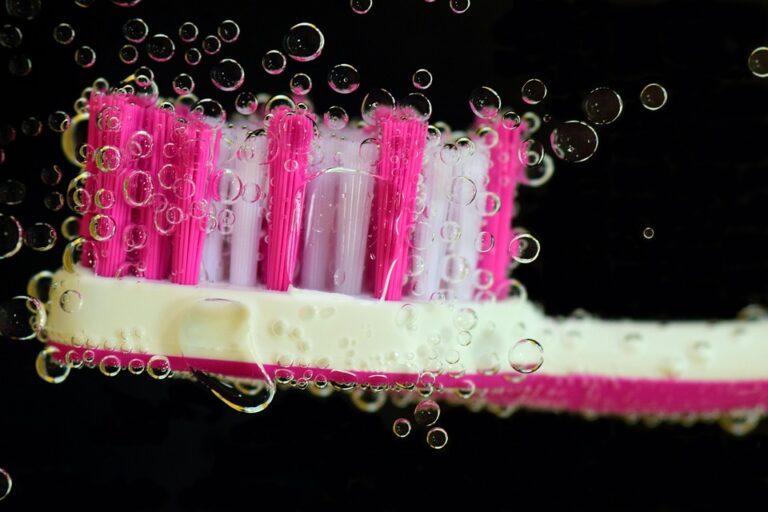
How to Know If My Rabbit Has Dental Problems
Worried about your bunny’s teeth? You’re not alone! Tooth problems in rabbits are common, but often hard to see. In this guide, I’ll show you easy ways to notice trouble early, help your rabbit feel better, and keep their teeth healthy for years. Every rabbit owner needs this info—your pet’s smile and health are on the line!
Table of Contents
- Why Should You Watch Your Rabbit’s Teeth?
- What Makes Rabbit Teeth So Special?
- How Can I Tell If My Rabbit Has Dental Problems?
- What Changes in My Rabbit’s Eating Should I Notice?
- Are Facial and Mouth Changes a Clue?
- Can Dental Problems Affect Poop and Digestion?
- What Are Some Surprising Signs of Dental Trouble?
- Why Do Dental Problems Happen in Rabbits?
- What Should I Do If I Think My Rabbit Has Dental Issues?
- How Can I Prevent My Rabbit’s Dental Problems?
- FAQ: Your Top Questions Answered
- What Are the Most Important Things to Remember?
1. Why Should You Watch Your Rabbit’s Teeth?
Let’s face it—rabbits can’t tell us when something hurts, especially with their teeth. I learned this when my own pet stopped eating his favorite hay and hid in a quiet spot. At first, I thought he was just being fussy. But rabbits hide pain naturally, and tooth problems can get worse really fast.
If you miss the early signs, your bunny might suffer alone. That’s why knowing what to watch for could save your rabbit’s life and stop lots of pain. Healthy teeth don’t just look nice. They mean a happier, more active, and even longer life for your bunny.
2. What Makes Rabbit Teeth So Special?
Did you know that rabbit teeth never stop growing? That’s their front teeth, back teeth, and the ones in between! Rabbits wear down their teeth by chewing lots of rough hay and crunchy veggies. It’s like their teeth are growing pencils—they need to “sharpen” them every day.
Here’s a quick table to help you understand:
| Rabbit Tooth Type | What It Does | Fun Fact |
|---|---|---|
| Incisors | Cut greens | Grow 2-3mm every week |
| Molars/Premolars | Grind food | Grow 3-4mm every month |
| All teeth | Chewing | Need rough food like hay |
If a rabbit’s food is wrong, or their mouth grows funny, teeth can get too long, grow crooked, or even hurt the mouth! That’s why teeth health is an all-the-time job.
3. How Can I Tell If My Rabbit Has Dental Problems?
Now let’s get right to it. How do you know if something is wrong? Tooth problems don’t always stand out, but these signs are too important to miss.
Look for:
- Not wanting to eat (especially hay and pellets)
- Only eating soft food or treats
- Eating slowly, or dropping food
- Not eating at all
- Wet chin or fur around the mouth (drooling)
- Swelling near the jaw or under the eyes
- Runny eyes, blocked tear ducts
- Bad breath
- Rubbing face with paws
- Small, odd, or less poop
- Lazy or hiding a lot
- Clear overgrown or bent teeth
Why does this matter? Because rabbits with tooth pain usually stop eating first—that’s their warning bell. When their teeth hurt, chewing hay is hard, so they may skip it or only nibble treats. Waiting with these signs can lead to tummy problems (when their gut stops moving), which can be very dangerous.
4. What Changes in My Rabbit’s Eating Should I Notice?
Your rabbit’s eating habits show a big story. Here are a few examples from my experience with Mr. Binky, my favorite fuzzy friend:
- Didn’t want to eat hay: He turned away from his usual Timothy hay, but still took a little carrot.
- Pickier eating: He only ate soft greens and skipped anything crunchy.
- Dropping food: I found little piles of half-chewed leaves around his cage.
Not interested in food? Eating much slower? Wanting treats but ignoring pellets or hay? These can mean tooth problems. If your bunny won’t chew at all, it’s an emergency—call your vet right away.
5. Are Facial and Mouth Changes a Clue?
Yes! Sometimes, what’s going on outside your rabbit’s mouth matters as much as what’s inside.
Watch for:
- Wet chin or dirty fur: Drooling isn’t normal in rabbits. If you see a soggy chin, something’s up.
- Swelling: Are the cheeks, under the jaw, or near the eyes puffy? Infections or tooth root problems can do this.
- Runny eyes or nose: Overgrown tooth roots can block up tear ducts, making them drip.
- Visible long teeth: If you can see long front teeth poking out, there’s definitely a problem.
Rabbits like being clean, so if you see dirty, messy, or wet fur—especially around the mouth—pay attention! That often means mouth pain or infection.
6. Can Dental Problems Affect Poop and Digestion?
Yes, and it’s a big warning sign. Here’s why: Rabbits need to chew a lot to keep their belly working right. Chewing hay doesn’t just rub down teeth, it keeps their gut moving. When their teeth hurt, they eat less, which means less poop or even tummy shutdown.
Look for:
- Smaller, fewer, or strange-looking droppings
- Messy bottom
- Not eating cecotropes (the special soft poop rabbits eat again for nutrients)
If your rabbit stops pooping completely, it’s an emergency!
7. What Are Some Surprising Signs of Dental Trouble?
Not all signs are about eating. Sometimes rabbits give other small clues:
- Lying around or acting tired
- Losing weight (bony along the back or hips)
- Poor grooming (messy fur, tangled around the back end)
- Grinding or chattering teeth (this means pain!)
- Doesn’t want to be held or touched
- Acting crabby or less friendly
I noticed Mr. Binky stopped coming to meet me at his cage door—he just sat in the corner and looked sad. If your pet starts acting different, don’t ignore it.
8. Why Do Dental Problems Happen in Rabbits?
Let’s dig into why this can happen. I’ll make it simple:
Common Causes
- Genes: Some kinds (like dwarf and lop-eared) have head shapes that make teeth more likely to grow wrong.
- Wrong food: Rabbits who don’t get enough hay can’t wear down their teeth properly. Soft pellets and treats make it worse.
- Injury: Biting wire, falling, or face bumps can change how teeth meet.
- Getting older: Tooth problems usually get worse as rabbits age, especially if they haven’t eaten right.
Table: Who’s at risk?
| Risk Factor | Chance of Tooth Problems |
|---|---|
| Dwarf/lop-eared kind | High |
| Not enough hay | Very high |
| Over 2 years old | Higher |
| All other rabbits | Medium |
Remember: All rabbits, no matter their kind or age, need the right dental care.
9. What Should I Do If I Think My Rabbit Has Dental Issues?
Here’s where the “problem, worry, fix” method comes in.
The Problem: If you see any signs—stop, don’t wait. Tooth pain never gets better by itself.
Why worry? Letting the problem go can cause belly stasis, bad infections, losing weight, and even losing your pet. Trust me—no one wants to lose a friend because a simple tooth trim was missed!
The Fix: Call a vet who knows rabbits right away. Here’s what happens when you bring your bunny in:
If big dental work sounds scary, remember there are special labs like a china dental lab that help vets and owners fix tough tooth problems—no one has to do it alone.
10. How Can I Prevent My Rabbit’s Dental Problems?
The best part—tooth problems can often be stopped! Here’s what every bunny owner should do:
- Unlimited hay: Give Timothy, orchard, or meadow hay all day, every day. Hay is nature’s toothbrush!
- Good diet: Give only a little rabbit pellets and lots of fibrous veggies (like romaine lettuce, bok choy).
- Regular vet checks: Book tooth checkups once or twice a year, more for high-risk rabbits.
- Safe things to chew: Lots of wooden toys or clean sticks help keep teeth just right.
- Watch weight and fur: Shiny, clean fur and steady weight mean a healthy bunny inside and out.
If you need custom help, there are special digital dental lab services for pet dental care.
11. FAQ: Your Top Questions Answered
Q: My rabbit’s teeth look okay, but he’s not eating—should I still worry?
A: Yes! Most tooth problems hide under the gums or in the back where you can’t see. Not eating is a big warning sign.
Q: Do pet rabbits need yearly tooth checks?
A: Yes. Even if you check their front teeth, the back ones (where most problems happen) need a vet’s special tools.
Q: Are tooth problems painful for rabbits?
A: Very. Tooth pain makes rabbits stop eating, stop cleaning themselves, and sometimes grind their teeth in pain. Getting care soon stops the trouble.
Q: Is hay really that important?
A: Yes, yes, yes! Without hay, tooth problems are almost sure to happen.
Want more info? Check this page about dental diseases in animals.
12. What Are the Most Important Things to Remember?
Key Points:
- Tooth problems are common and dangerous for rabbits—but you can usually stop them!
- Watch for changes in eating, weight, poop, or cleaning habits.
- Drooling, puffy face, runny eyes, and bad breath are real warning signs.
- Call your vet as soon as you see tooth problems.
- Unlimited hay and vet checkups are your best tools.
- At-risk kinds (dwarf, lop) need even more watching.
- Always cheer for little wins—a rabbit chewing hay is a happy rabbit!
References
- Quesenberry, K.E., & Carpenter, J.W. (Eds.). (2012). Ferrets, Rabbits, and Rodents: Clinical Medicine and Surgery.
- British Veterinary Association. “Rabbit Dental Disease: Prevalence and Management Survey.”
- House Rabbit Society, Veterinary Fact Sheets.
Remember, a healthy mouth means a happy house rabbit! For more tips, read up on teeth information and keep your bunny smiling all year long.








